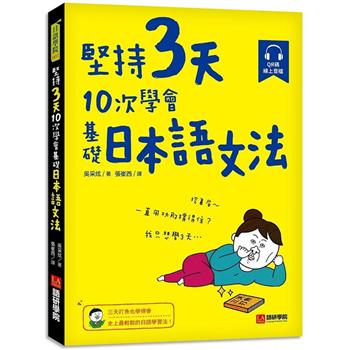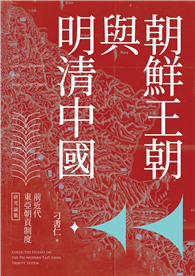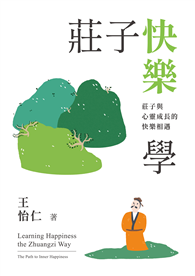This study offers a reading of Don Quixote, with comparative material from Golden Age history and Cervantes’ life, to argue that his greatest work was not just the hilariously comic entertainment that most of his contemporaries took it to be. Rather, it belongs to a “subversive tradition” of writing that grew up in sixteenth-century Spain. The system of Spanish censorship at the time, run largely by the Inquisition, had a huge impact on the cultural life of the country. In response, writers of poetry and prose fiction became adept at camouflaging heterodox ideas through rhetoric and imaginative invention.
Bob Britton draws on recent critical and historical scholarship––including ideas on cultural authority and studies on the way Cervantes addresses history, truth, writing, law and gender in Don Quixote––and engages with the intellectual and moral issues that this much-loved writer engaged with. The summation and appraisal of these elements within the context of Golden Age censorship and the literary politics of the time make it essential reading for all those who are interested in or study the Spanish language and its literature.
Bob Britton draws on recent critical and historical scholarship––including ideas on cultural authority and studies on the way Cervantes addresses history, truth, writing, law and gender in Don Quixote––and engages with the intellectual and moral issues that this much-loved writer engaged with. The summation and appraisal of these elements within the context of Golden Age censorship and the literary politics of the time make it essential reading for all those who are interested in or study the Spanish language and its literature.












